Today, on the International Day to End Impunity for Crimes against Journalists, the National Union of Journalists of Ukraine (NUJU) speaks of solidarity – primarily with those Ukrainian media workers who are illegally imprisoned by the aggressor state and those who disappeared in the temporarily occupied territories.
This was emphasized by the President of the NUJU, Sergiy Tomilenko, during the event titled War Crimes Against Journalists Must Not Go Unpunished and held by the NUJU in Kyiv’s National Museum of the History of Ukraine in the Second World War.
“We call on international organizations and the Ukrainian authorities to increase their pressure on russia in order to release our illegally captured colleagues, although we understand that it is extremely difficult because the aggressor country does not follow any international conventions and rules,” said Sergiy Tomilenko. “War crimes against journalists must be stopped, and the guilty must be punished!”
The President of the NUJU emphasized that the Union is approaching the moment in all possible ways when we will be able to congratulate on the freedom of those colleagues who are hostages of the Kremlin today – Crimean Tatar journalists Vladyslav Yesypenko, Iryna Danylovych, Iryna Levchenko, Dmytro Khylyuk, Viktoriya Roshchyna, Maksym Butkevich, Serhii Tsyhipa and others. In total, there are more than 25 of them today!
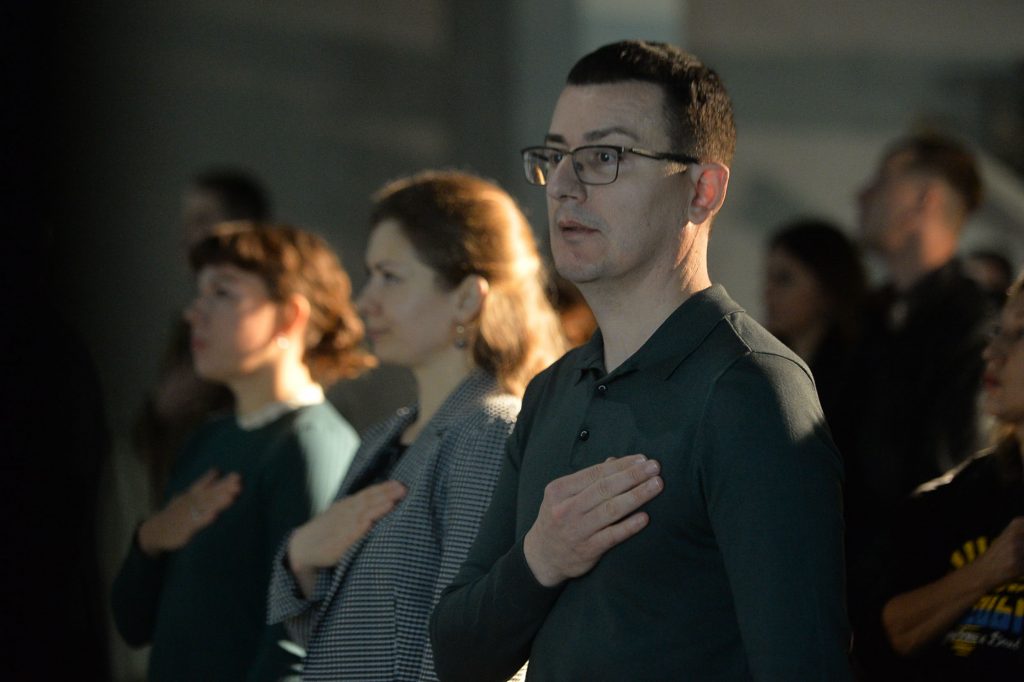
At the call of the NUJU, the participants of the action signed Letters of Solidarity – appeals to the captured colleagues, which the Union will hand over to their families. At one time, the NUJU sent such messages to other hostages of the Kremlin, who, fortunately, have now been released – Stanislav Asieiev, Roman Sushchenko, and Mykola Semena.
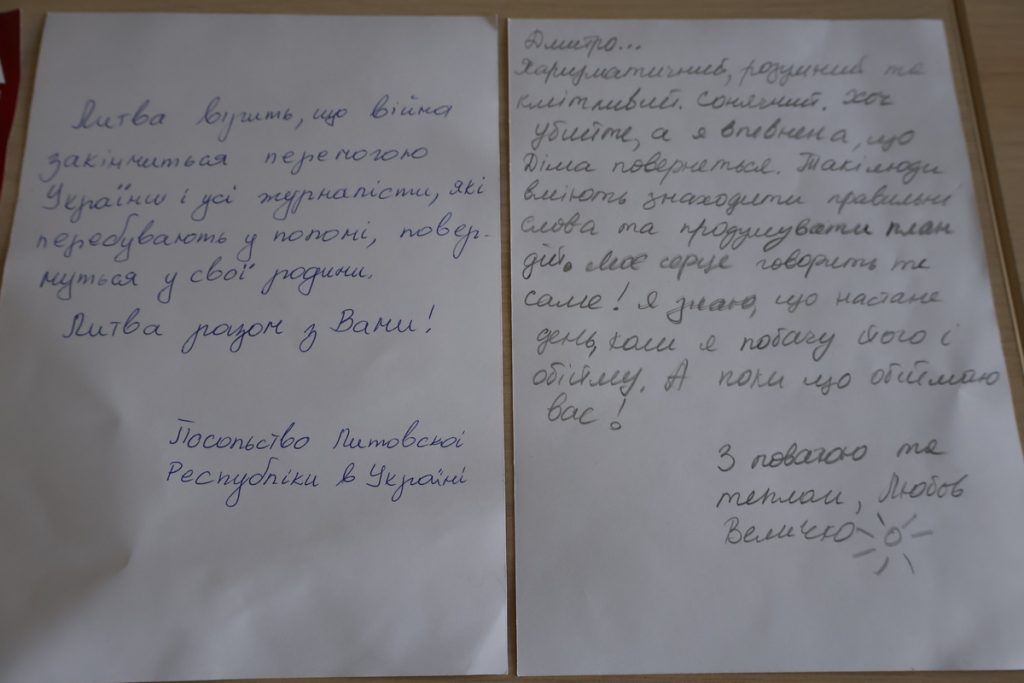
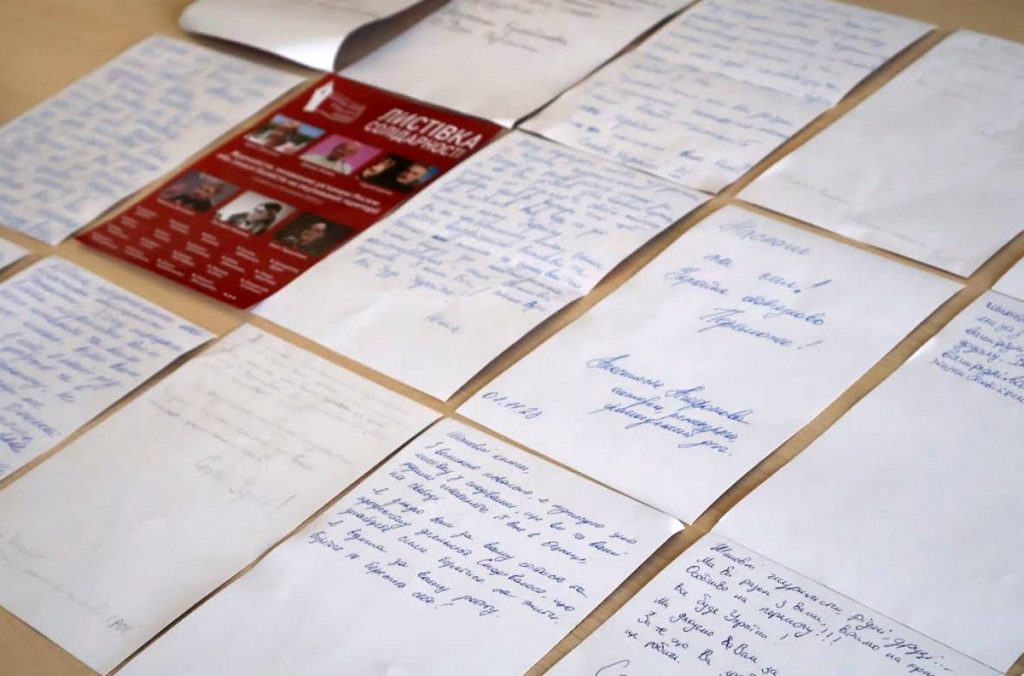
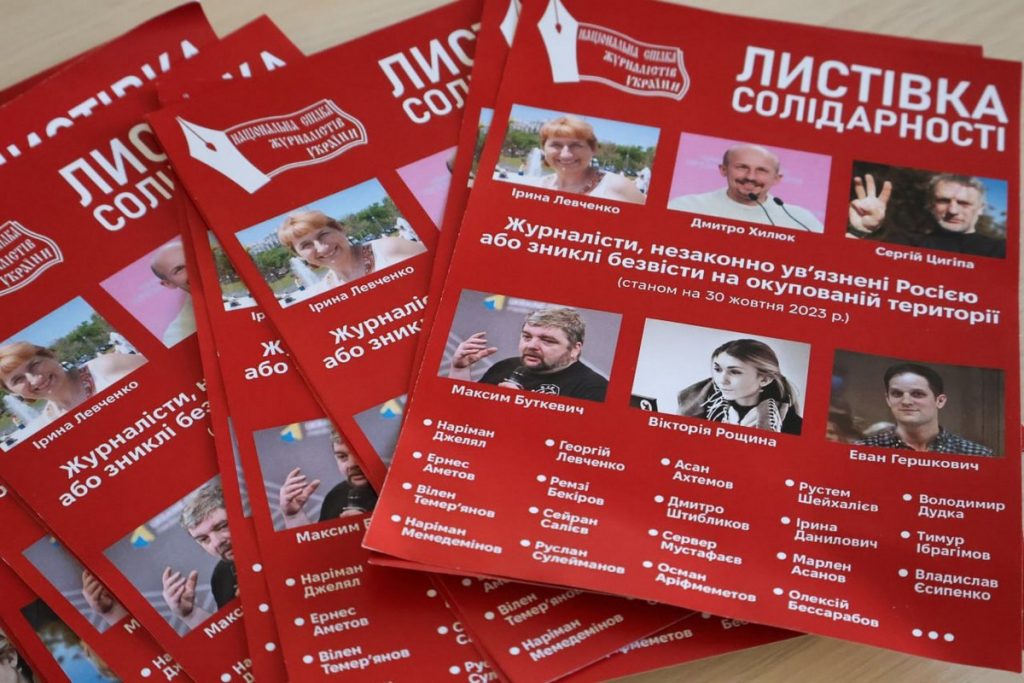
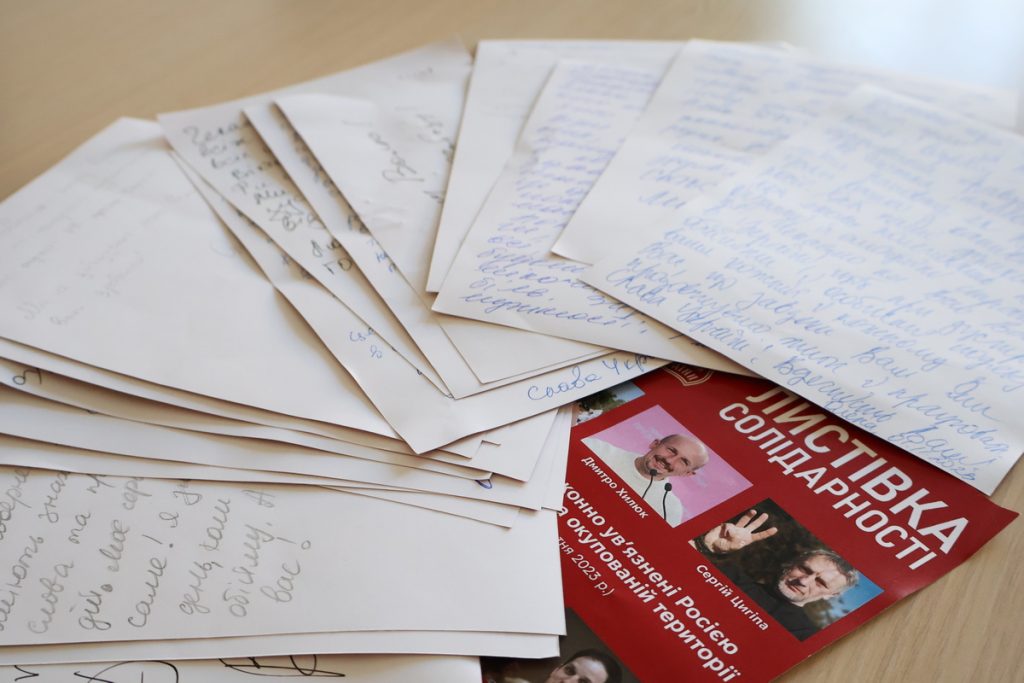
“Journalism is a worthy profession that should be supported all over the world and not punished for it,” Sergiy Tomilenko emphasized. “Journalism is not a crime! We stand up for our own, protecting freedom of speech and people’s right to receive information. In times of war, journalism is more important than ever; it saves lives. Front-line newspapers help hundreds, thousands of Ukrainians find salvation and evacuate. And also – journalists are documenting war crimes, and we are all together approaching the moment of justice, the punishment of that great evil, which (we believe temporarily) has been unleashed today!”
Unpunished violence against journalists is a worldwide problem. From 2006 to 2023, more than 1,600 journalists were killed in the world. This was emphasized by the First Secretary of the NUJU, Lina Kushch.
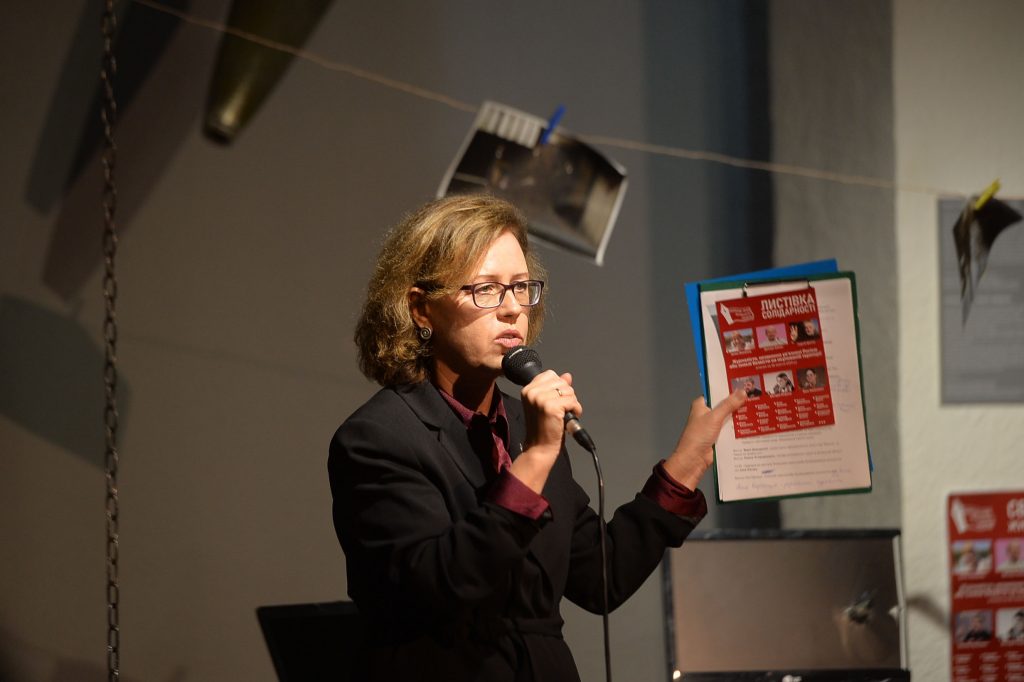
“In 90% of cases, these murders remained unpunished, and impunity leads to the fact that crimes become more frequent and brutal. We see this in the example of russian aggression in Ukraine and military conflicts provoked by russia around the world,” Lina Kushch said.
Journalist and volunteer Liudmyla Huseinova, kept by the occupiers in their torture chambers for three years, spoke about the importance of support and solidarity from colleagues at large.
“Every word we say here in support of the prisoners reaches them! In different ways, but – it reaches and gives strength to survive, not to break!” said Lyudmila. “The occupiers convince the hostages that they are forgotten, that nobody needs them in Ukraine. And it kills. But the words of support still come. And now, after my release, I try to convey these words to those who are currently behind bars.”
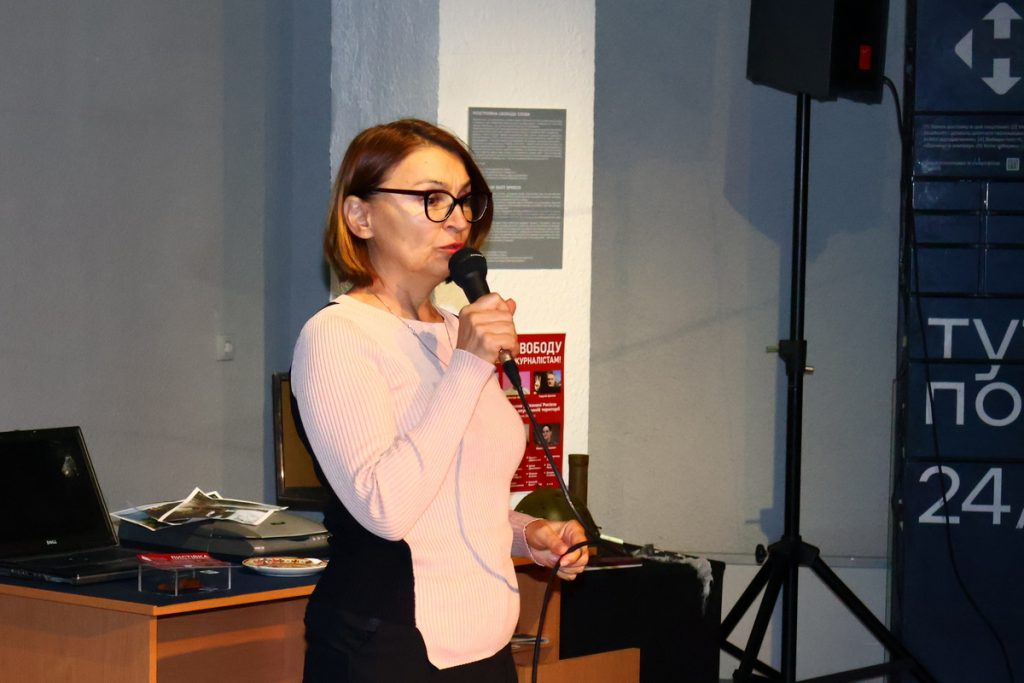
Illia Yevlash, the head of the press service of the command of the Ground Forces of the Armed Forces of Ukraine, said that all journalists, both military and citizen, make their contribution to the future Victory.
“You are all great heroes to me,” he said, addressing his colleagues. “Journalists who continued to provide truthful information while under occupation deserve special respect. Unfortunately, some of them are no longer among the living, some are in captivity…” noted Ilya Yevlash and called on all colleagues to fight together on the information front against the aggressor.
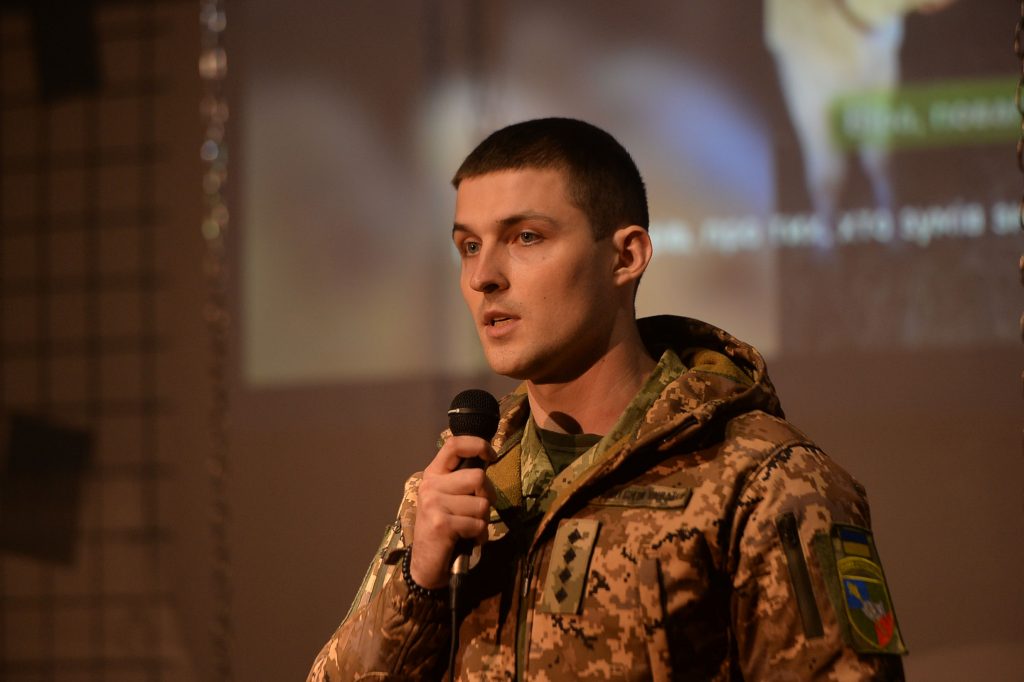
Journalist Inna Varenytsia, ex-wife and mother of the children of the deceased photojournalist Maksym Levin, emphasized that today, “to be Ukrainian, and even more so to be a Ukrainian journalist, and even more so to be a Ukrainian journalist who works for Ukrainian media, is deadly dangerous.”
“russian troops kill journalists with artillery strikes… They can kill a captured person, as it happened to Maks… There is no punishment for these crimes. Therefore, the russian military continues to commit such crimes… Journalists should not be persecuted for their profession!” emphasized Inna Varenytsia.
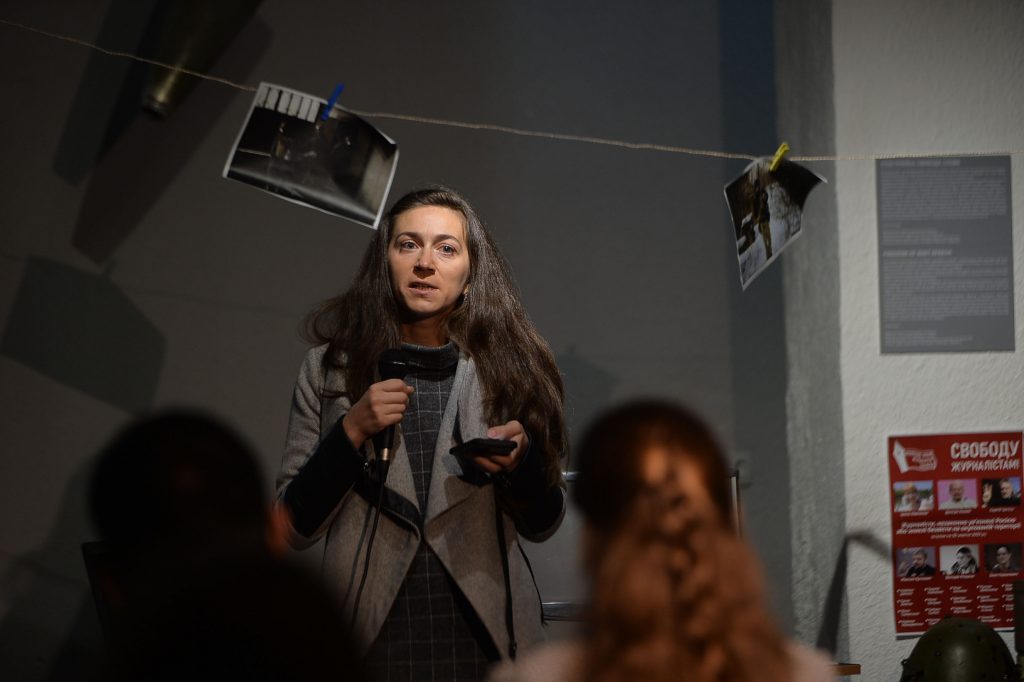
The register of missing persons under special circumstances, which began to operate in May 2023, already includes 28,000 citizens of Ukraine, and this number, unfortunately, is growing every day. This was reported by Oleksandr Kononenko, a representative of the Commissioner of the Verkhovna Rada of Ukraine for Human Rights in the System of Security and Defense Sector Bodies. Among the missing citizens are soldiers, civilians, children…
“Currently, according to the UN, about 10,000 civilians have been killed in Ukraine since the beginning of the war. But we are clearly aware that the tragedy of Mariupol and other cities will become truly known only after their liberation,” said Oleksandr Kononenko. He called on journalists to pay more attention to investigations into the killings and illegal detentions of civilian hostages by the occupiers.
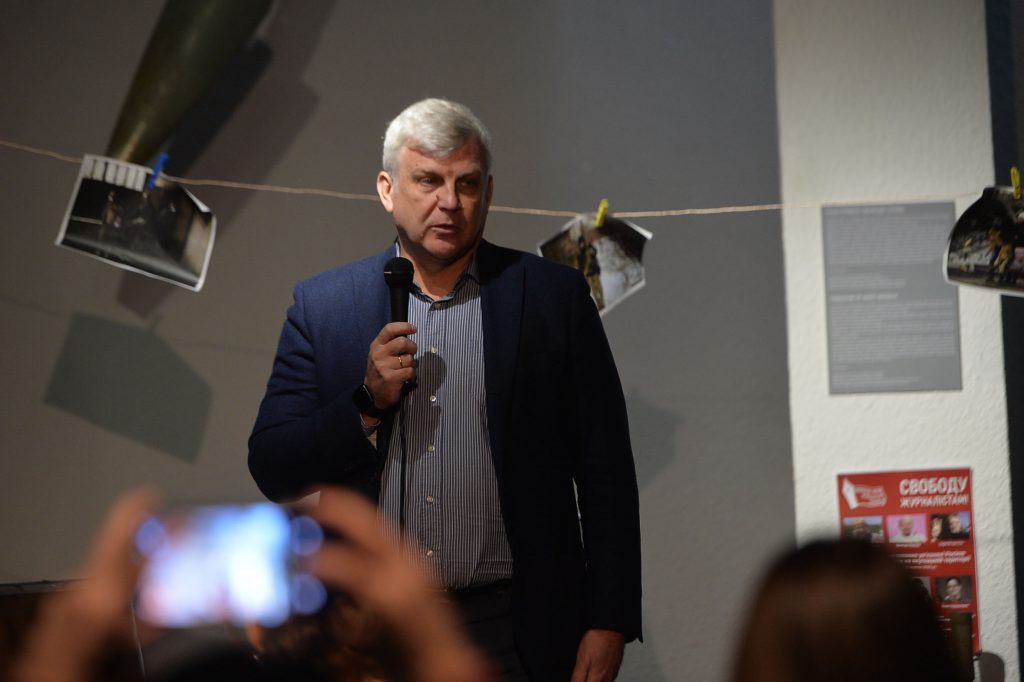
Despite all the dangers of working near the front line, journalists continue to perform their professional duties there.
“When my children ask me why I go to the front-line territories again, I have a simple answer: “If the world doesn’t see what’s really happening there, then it didn’t happen.” If we don’t fill the information field, russian propaganda will do it for us,” said Andrii Kovalenko, a well-known Ukrainian journalist / local producer / executive director of the Academy of the Ukrainian Press.
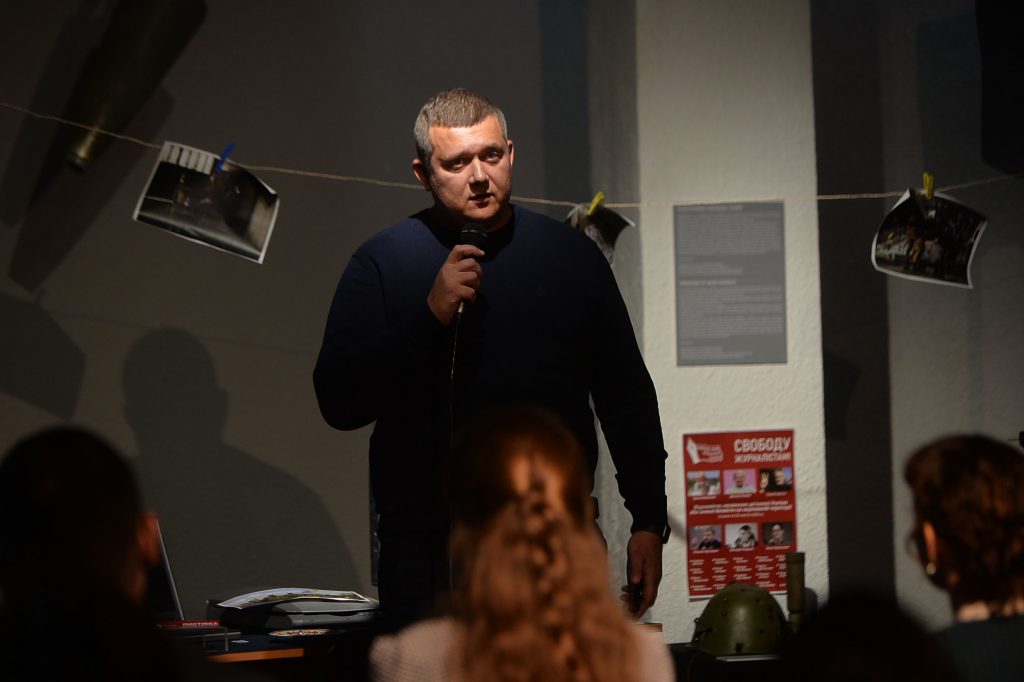
He emphasized that it is critically important to raise the issue of journalists’ work safety, providing them with the necessary means of protection, knowledge, and skills.
During the event, the head of the scientific department of the National Museum of the History of Ukraine in the Second World War, Iryna Kotsabiuk; the editor of the Vchasno news agency from the Donetsk Region, Mariya Davydenko (a colleague of the killed journalist Oleksandr Tsakhniv); the head of the regional commission for rehabilitation in the Donetsk region, Pavlo Ostrovskyi; and the head of the journalistic investigation department of the Novopysarivka newspaper Vorskla (Sumy Region), Oksana Kovaliova, spoke about the importance and danger of the work of journalists in wartime, the need to honor the memory of fallen colleagues.
The event took place in the space of the exhibition titled Executed Free Speech, held by the NUJU at the National Museum of the History of Ukraine in the Second World War.
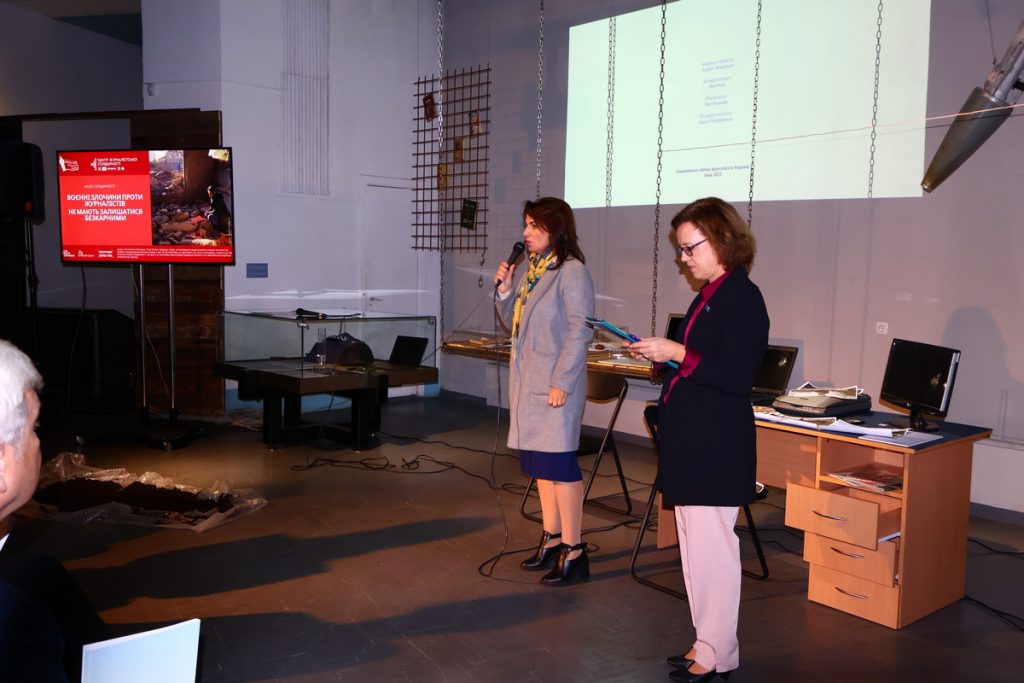
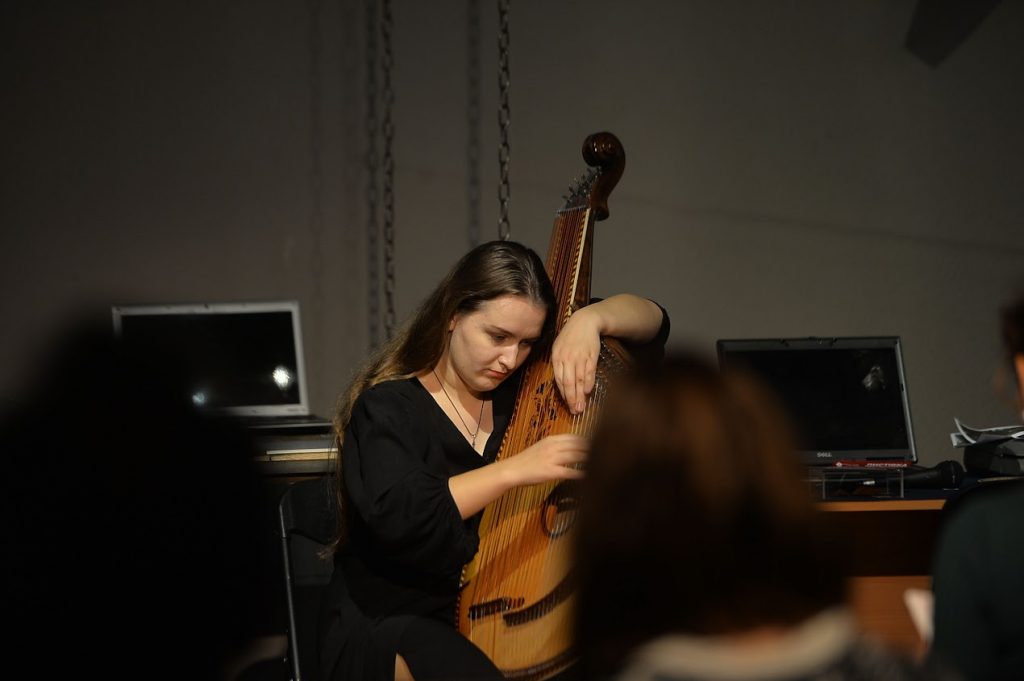
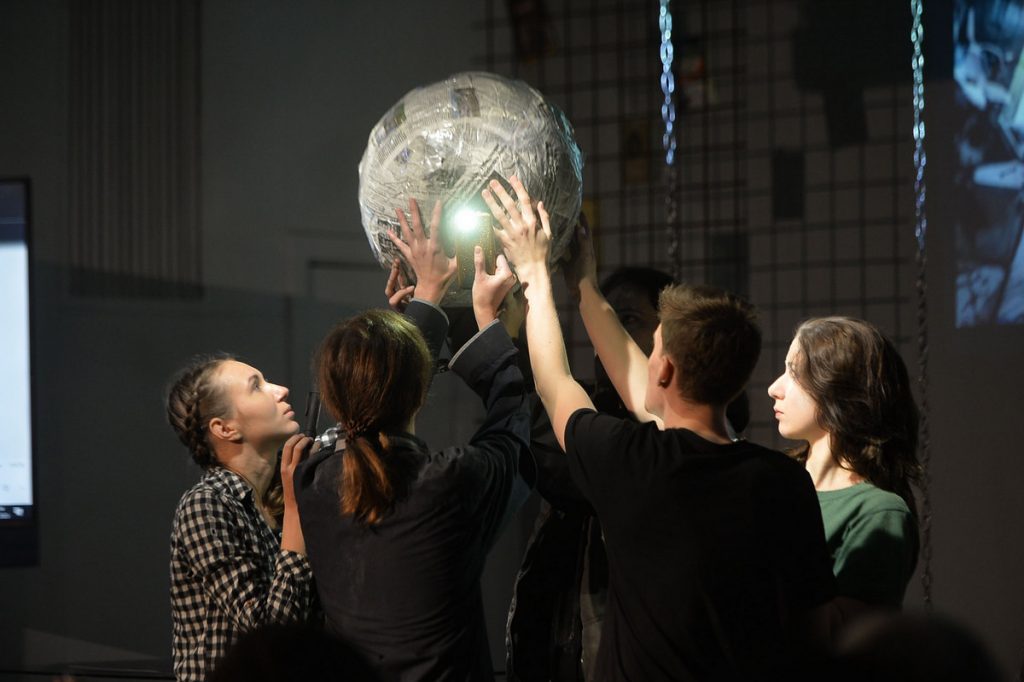
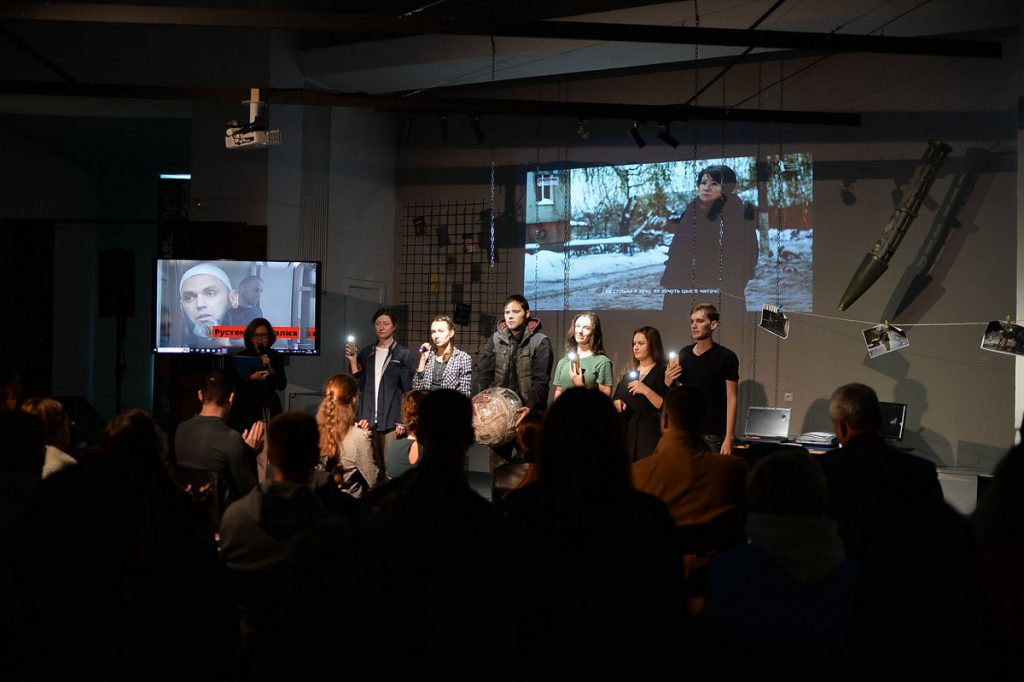
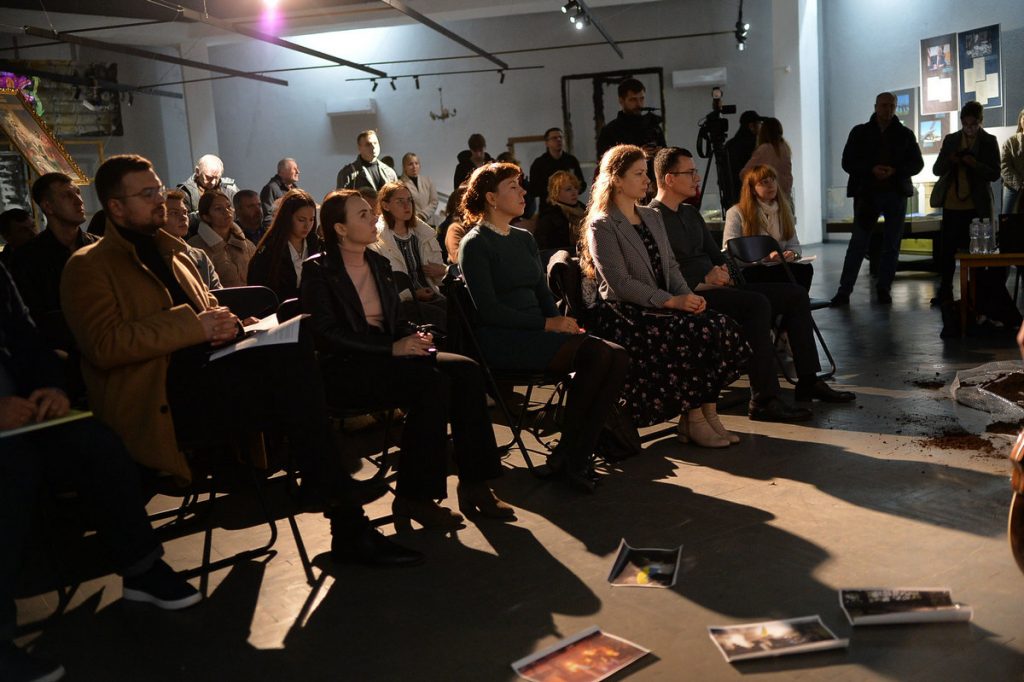
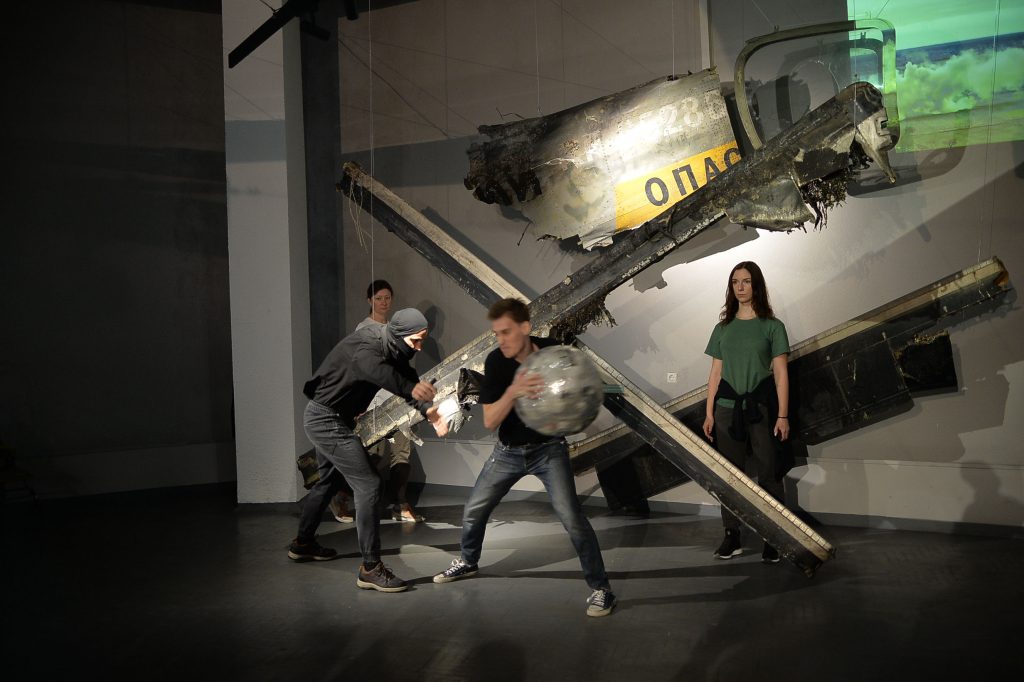
As of today, since the beginning of the full-scale invasion of the russian federation in the territory of Ukraine, the occupiers have killed at least 73 media workers. According to verified data from the NUJU and the International Federation of Journalists, among the dead are 16 media persons who were performing professional duties; nine media workers were civilian victims; and 48 media representatives mobilized to the Armed Forces of Ukraine.
The event War Crimes Against Journalists Must Not Go Unpunished took place in the space of the Executed Free Speech exhibition created by the NUJU with the support of the Swedish human rights organization Civil Rights Defenders and the network of NUJU’s Journalists’ Solidarity Centers.
NUJU Information Service
Photo by Andrii Nesterenko and NUJU

 THE NATIONAL UNION OF
JOURNALISTS OF UKRAINE
THE NATIONAL UNION OF
JOURNALISTS OF UKRAINE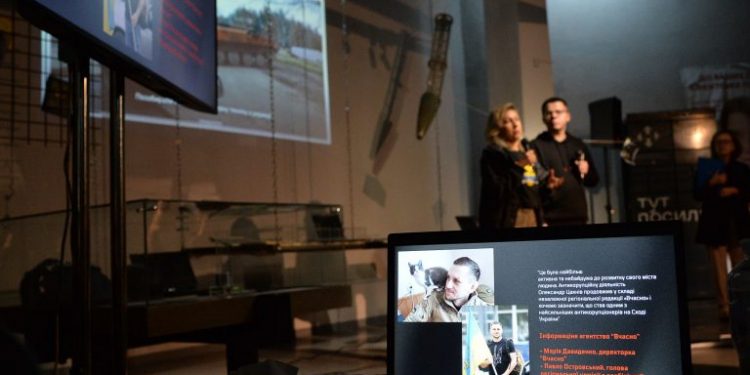
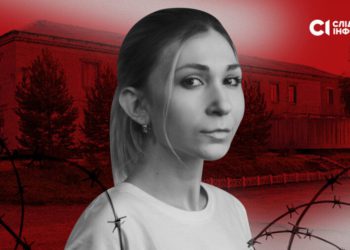















Discussion about this post